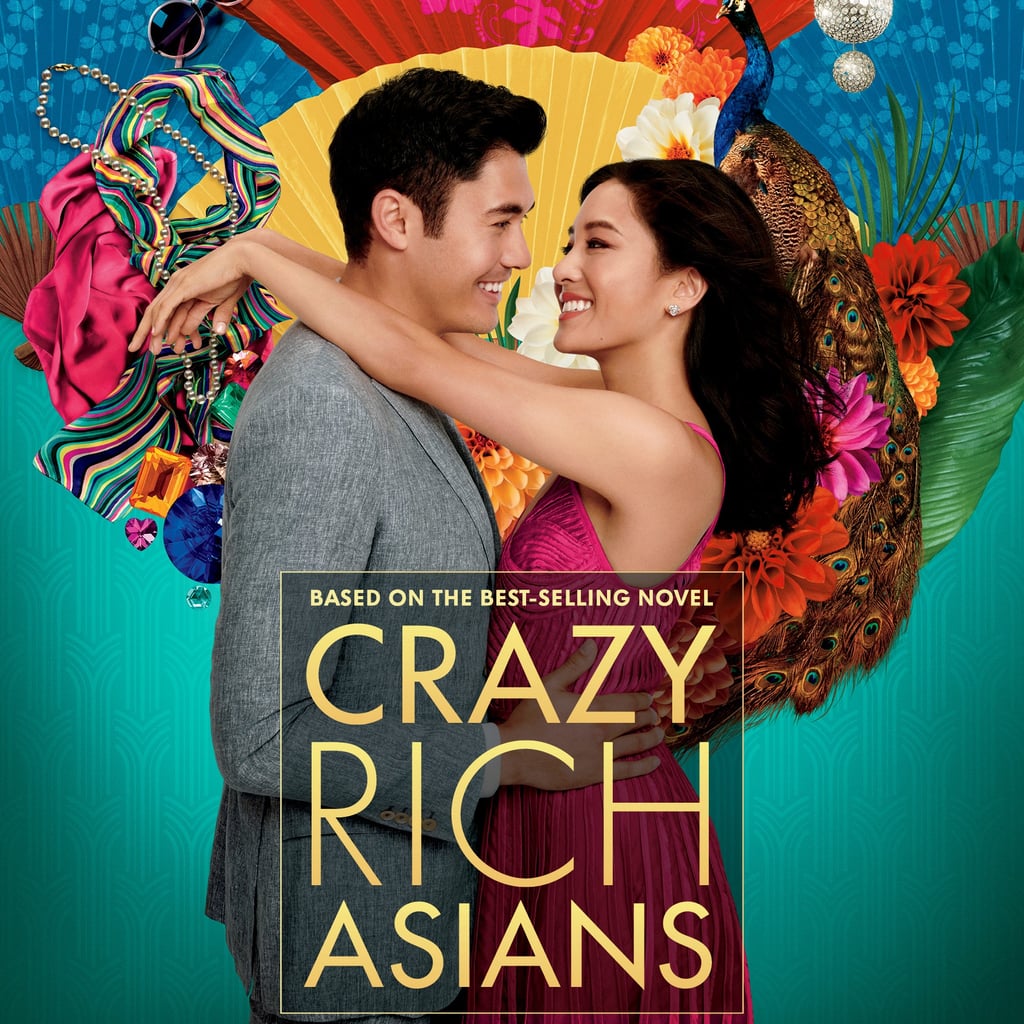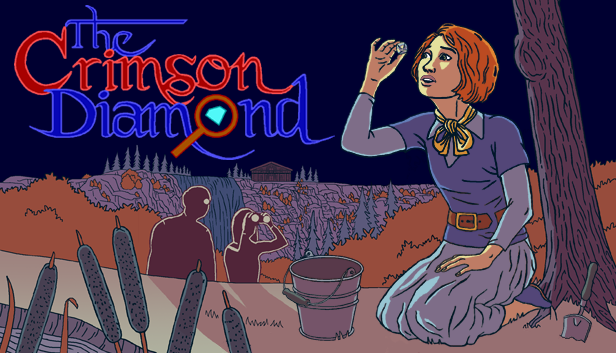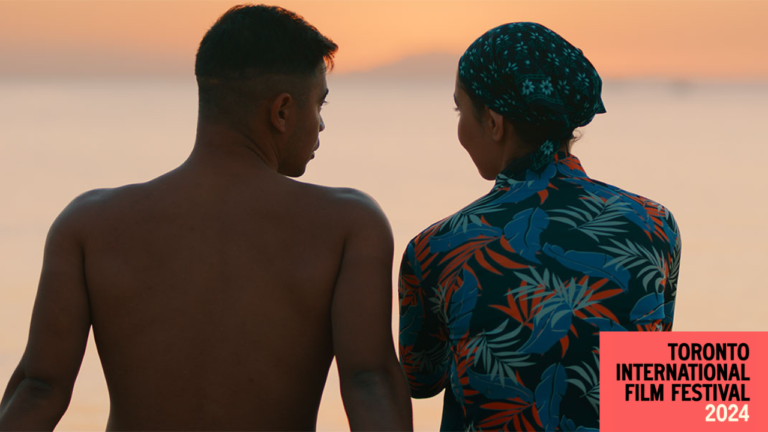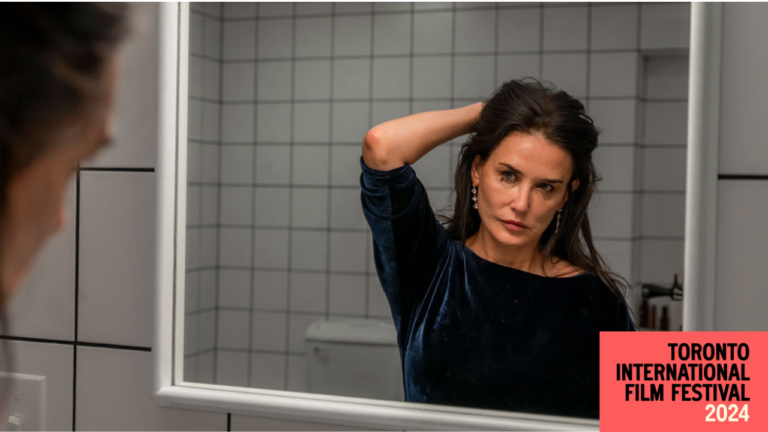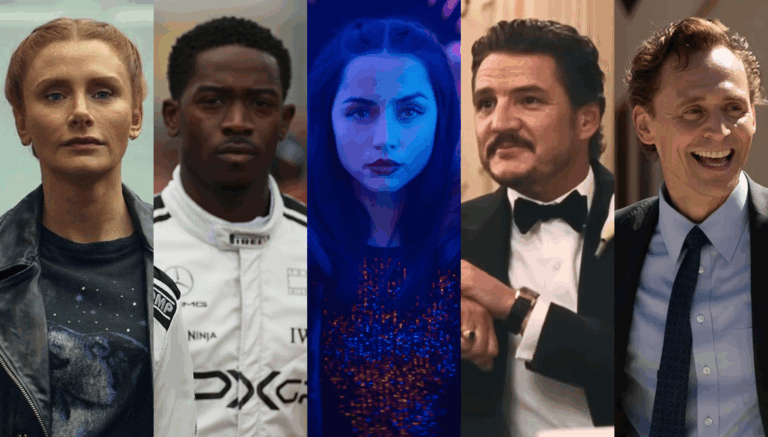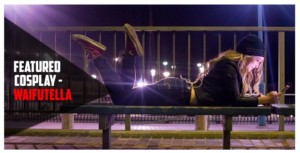Crazy Rich Asians is a radical feminist film.
(Heads up: this review includes spoilers.)
The premise: Rachel Chu (Constance Wu) meets Nick Young (Henry Golding). They go back to Singapore for his best friend’s wedding.
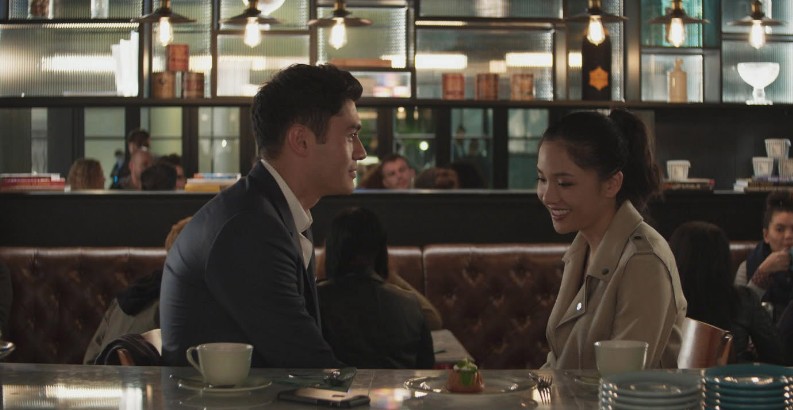
The conflict: Nick has neglected to tell Rachel that he and his family are the veritable Kardashians of Singapore.
The resolution: It all works out.
The boy-meets-girl, boy-loses-girl, boy-wins-girl-back plot is not a new one.
But this is not a movie about a boy and a girl. This is a movie about relationships between women. The plot line is classic, but the romantic reconciliation at the end of the film does not celebrate the fact that romance—or love, true love (please imagine the priest from The Princess Bride)—has triumphed. It celebrates women.
Rachel is an economics professor at NYU. The base pay for this is over 200K (according to Glassdoor.com). But her potential mother-in-law Eleanor (Michelle Yeoh), with a boatload of vitriol, tells her that she will not be enough for the legacy of the Young family. This drama is at the center of the plot. You can imagine how the rest goes: disastrous bachelorette party, serious talk between groom-to-be and best man, montage scene with dresses, etc.
Let’s skip to the end. Surprisingly, the climax does not take place in the (inevitable) proposal. The real win is in a scene when Rachel shows her intelligence, her prowess, and her strength, despite her less-than-Kardashian status, in a game of Mahjong. She’s not a professor at NYU for nothin’.
The rich side plots continue the feminist theme. Just one example: Nick’s cousin Astrid, (Gemma Chan), discovers her husband (Pierre Png) is having an affair. The resolution involves Astrid telling her husband that she is not responsible for making him feel like a man: a direct attack on male fragility. Whoa.
The film is a tour-de-force because its focus is on powerful women who reject a standard patriarchal narrative. Crazy Rich Asians is a classic romcom that explicitly rejects the misogynistic principles of romcoms.
Go see it.
PS: It’s based on the book by Kevin Kwan. You should probably read it too.


